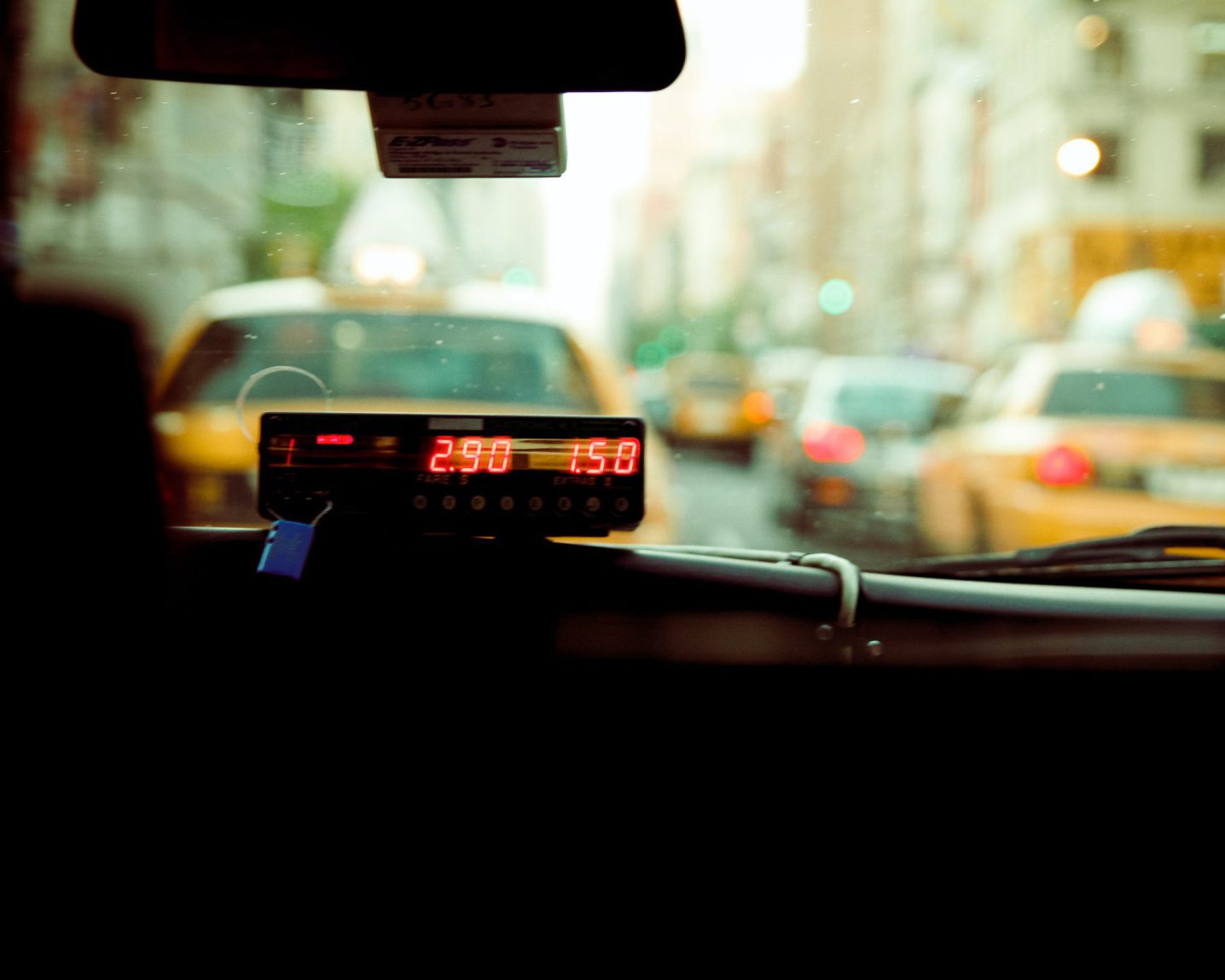Financial-economic impact of COVID-19 on the taxi industry
Financial-economic impact of COVID-19 on the taxi industry
The taxi industry was severely affected by the COVID-19 outbreak and the resulting decline in demand. The State Secretary for Infrastructure & Water Management promised the House of Representatives it would commission an independent investigation into the financial situation of the taxi industry as a result of COVID-19.

The challenge
Because data is not centrally gathered, there is no single data source that can enable conclusions to be drawn directly. This posed quite a challenge when it came to making reliable statements.
The Approach
We drew upon a wide range of data sources that covered the supply of and demand for taxi services, operator turnover, and the available support measures. These were mainly public sources, supplemented by some data made available by bodies such as municipalities. We also conducted a survey of taxi operators and drivers, which yielded around 1,000 respondents.
When combined, the data sources do clearly depict the industry’s financial and economic situation. In the first year of the coronavirus outbreak, demand and revenue fell by about 40% (domestic demand) to 80% (tourists and business travellers).
Domestic demand has now recovered somewhat, although not completely, and demand from tourists and business travellers has not yet recovered. Taxi entrepreneurs have taken advantage of government support measures more than other entrepreneurs on average, but that was still not sufficient to compensate for their declining revenue. As a result, many taxi operators have fallen into debt.
Impact
We provided insight into the situation in the taxi market, thereby facilitating an objective debate on the matter.


